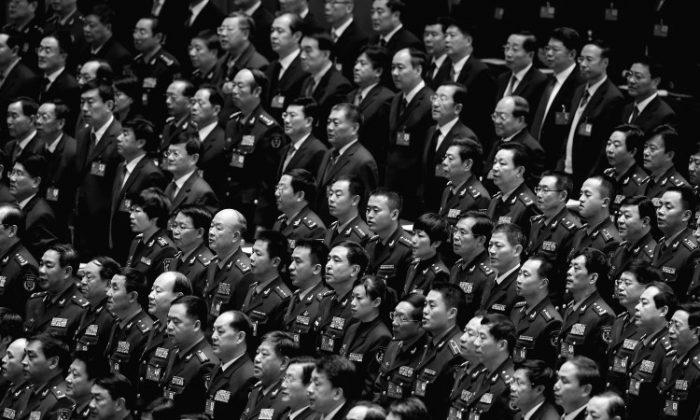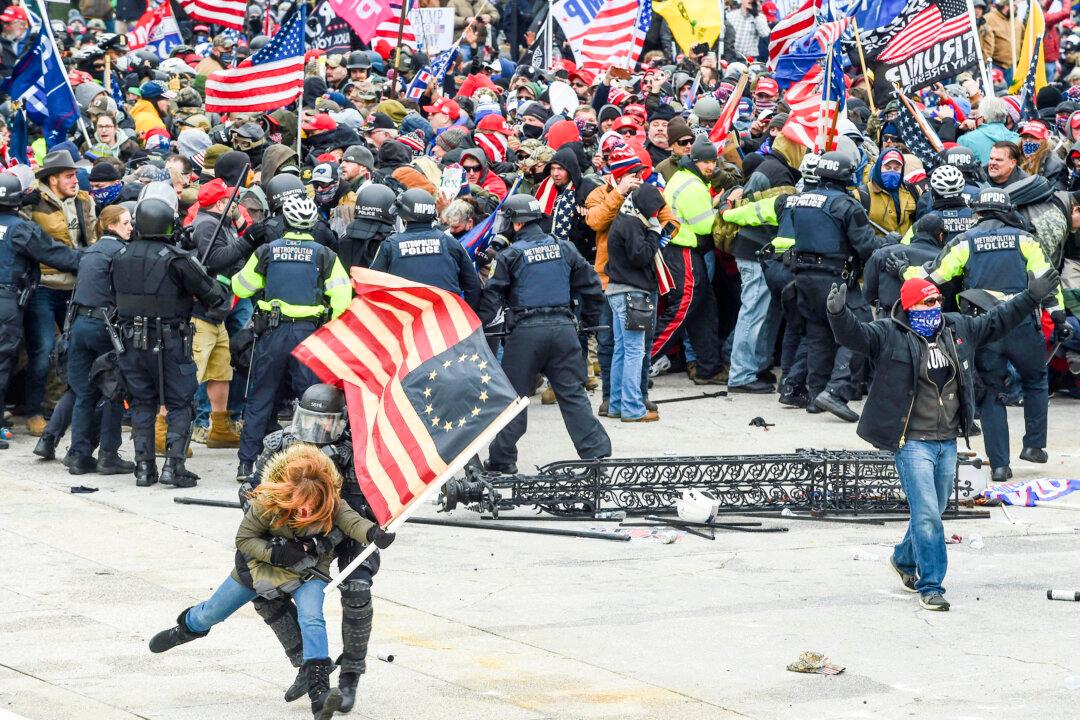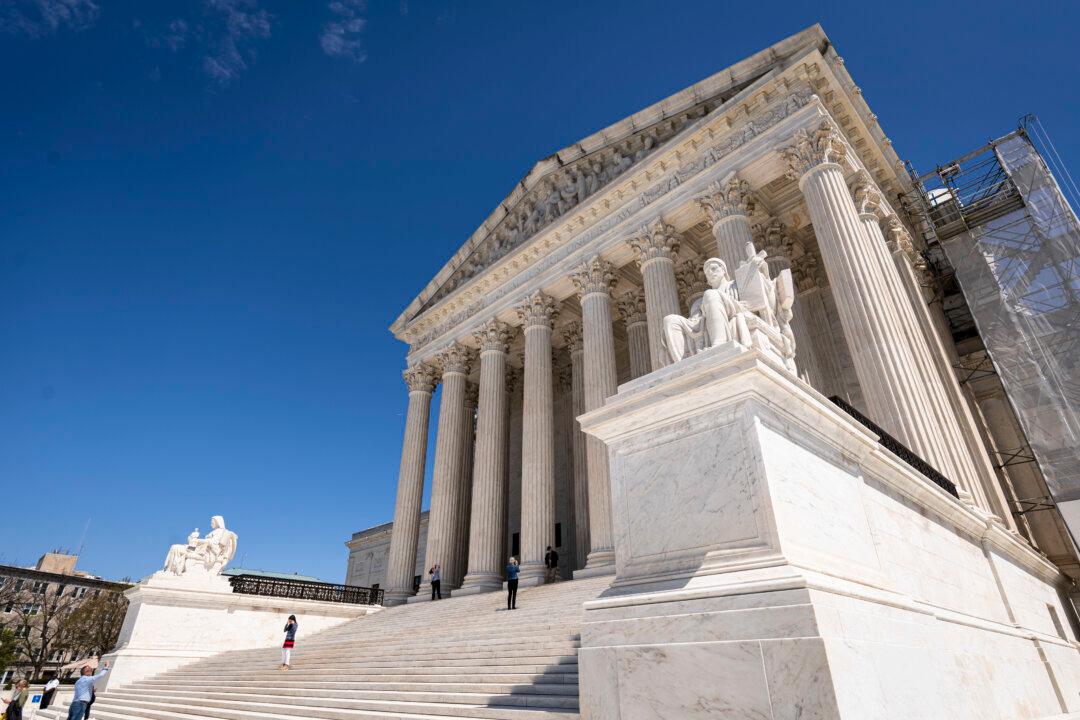The Chinese Communist Party has punished about 20,000 officials for allegedly breaking new rules announced one year ago.
The communist regime announced the rules on December 4, 2012. The rules were aimed at forcing officials to reduce the infamous parties, ceremonies, and other perks known to come with having government posts in the country.
Over the past year, almost 20,000 officials were punished, the Central Commission for Discipline Inspection (CCDI) of the Communist Party of China (CCP) announced on December 2.
Communist Party mouthpiece Xinhua said that over the last two holidays, 917 tip-offs were received about “official decadence.”
“The suspected violations include use of public funds for gift-giving, dining and travel unrelated to official duties, expensive recreational activities, violations of official car use, and handing out unnecessary bonuses, according to the CCDI,” Xinhua said.
In a January meeting with the CCDI, Xi Jinping said the Party should crack down on both “tigers” and “flies.” “Tigers” are high-ranking Party officials, such as disgraced former Politburo member Bo Xilai, found guilty of corruption and other charges in September.
The officials in this most recent announcement are “flies”—low level Party officials. Nearly 99 percent of the violations for the thousands of officials were at the county or town level.
The two categories of targets for corruption investigations have different purposes.
The anti-corruption campaign against the tigers is a form of political purge in the CCP, Wu Fan, political commentator and rights activist based in the United States, told Sound of Hope radio.
“By promoting anti-corruption, fighting the big tigers, Xi Jinping is eliminating political enemies. In this way I’m sure there will be more officials brought down, in order to redistribute the profits these posts bring.”
In an article commentator He Qinglian published in Epoch Times in December 2012, when Xi’s anti-corruption campaign first began. Ms. He said that targeting corruption, including the corruption of the low level officials, is aimed at restoring the legitimacy of the CCP and gaining popular support.
Ms. He said Xi is serious about fighting corruption. The problem, she wrote, is that corruption is rooted in the one-Party state and so an anti-corruption campaign does not address the real problems.
“After the campaign ends, and when corruption returns, the effects of using this measure again will be very limited,” Ms. He wrote.






Friends Read Free